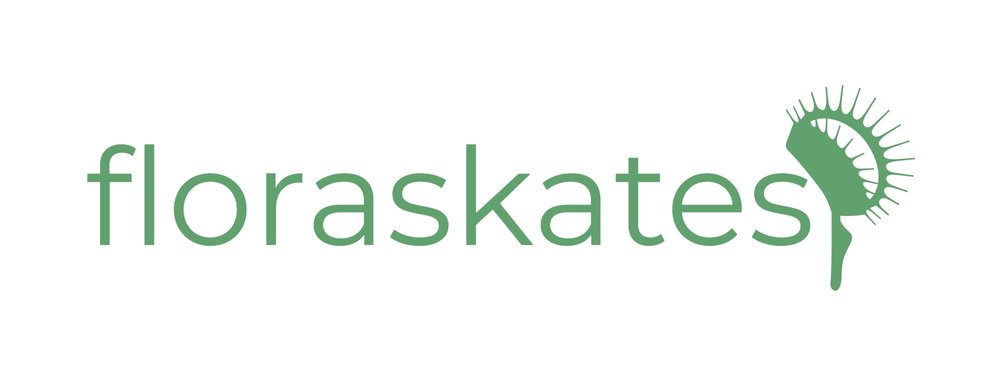In June this year, the Australian Science Communicators WA hosted their 5th Annual Communicate to Inspire conference, at the International Centre for Radio Astronomy Research, UWA. Around 50 science communications from around Perth and beyond came together to discuss all things #scicomm. Here are the highlights (and please, keep scrolling for more of this amazing native bee puppet)!
Keynote: the new WA museum!
If you’ve been around Western Australia for the last few years, you will have noticed our museum is closed and covered in scaffolding… Excitingly, this is because the museum is getting a revamp! Trish McDonald, Project Director of the new WA Museum, gave a really interesting overview of what the new museum has in store…
New Museum themes
Trish explained that the new WA Museum will be organised around four themes: being Western Australian, discovering WA, exploring the world, and revealing the museum. These four themes will be represented across seven gallery content areas: continuous cultures, origins, wildlife, connections, reflections, changes, and innovation.
Architectural challenges
By combining the historical WA Museum building with a new building, and with such a large collection including some very heavy and fragile items, there were of course a few architectural challenges to contend with:
Important whale updates
I’m sure all of you are wondering: what about the whale!?! The whale is a staple of the WA Museum, although when I think of it I mostly remember the time I saw all the whale bones stacked away on shelves during a tour of the Museum storage area in Welshpool… Excitingly, the whale will be un-stacked and on display!
Running a #scicomm business
Following this WA Museum update, Mike and Mandy Bamford provided some really interesting and informative insights into their ecological consultancy and sci-comm business. Together they noticed a problem of people’s disconnect with nature, and set out to solve this in a variety of ways.
Combining art and science to inspire a love of nature
Mike and Mandy run an ecological consultancy, but that’s not all. They also run science communication activities, especially with young people. Mike is also a scientific illustrator,
Do what you love and get paid for it (mostly)
Mike and Mandy got into the nitty gritty of their business, discussing some of the downsides of freelance sci-comm…
… but argued it’s important work to do, even if the pay is not always great, because inspiring an appreciation of the natural world is one of the first steps in protecting and conserving it.
Science Communication Research
The research streams at #Comm2Inspire had to be my favourite! From journal clubs, to evaluation methods, to
Dr Miriam Sullivan highlighted the importance of evaluating sci-comm efforts/activities, to find out whether they’re actually effective or not!
Before deciding HOW to evaluate, you have to decide WHY. Some questions to ask yourself: Who is your audience? What is your objective? What is the purpose of your evaluation? What is the best way to measure your effect?
So what sort of evaluation methods are there? Plenty! And not just surveys and questionnaires either!
Kirsten Flint from SciTech (my fav place as a kid!) spoke on the role of Science Centres in communicating science to audiences of all ages, and how they can provide value in a world that continually changes.
“Our world is changing. Our customer’s needs are changing in response.”
Rocky McGellan shared his Masters research on anthropomorphism in science communication, with what is now one of my favourite stories ever - Diary of a Space Zucchini!
In case you’re wondering, anthropomorphism is the attribution of human characteristics or behaviour to a non-human organism or object!
Dr Heather Bray spoke about her research on how antibiotic use in animal agriculture is framed in Australian media. She said that it’s a contentious issue, with implications for human health, and needs to be communicated carefully. (Note: AMR here stands for antimicrobial resistance)
Dr Muza Gondwe spoke about the importance of staying engaged with course participants after training, and how and why to keep them mobilised.
Science Performance and Improvisation
Last but not least… I unfortunately missed out on the Science Performance and Improvisation workshop run by Shanii and Cass Rowles, but you can read all about it on Shanii’s blog!
💬
At the end of the day, we had a speed networking session - it was awesome to meet so many awesome science communicators! Big thanks to ASC-WA co-Presidents Dr Miriam Sullivan and Cass Rowles for organising such an informative, inspiring and #scicomm-filled day!

